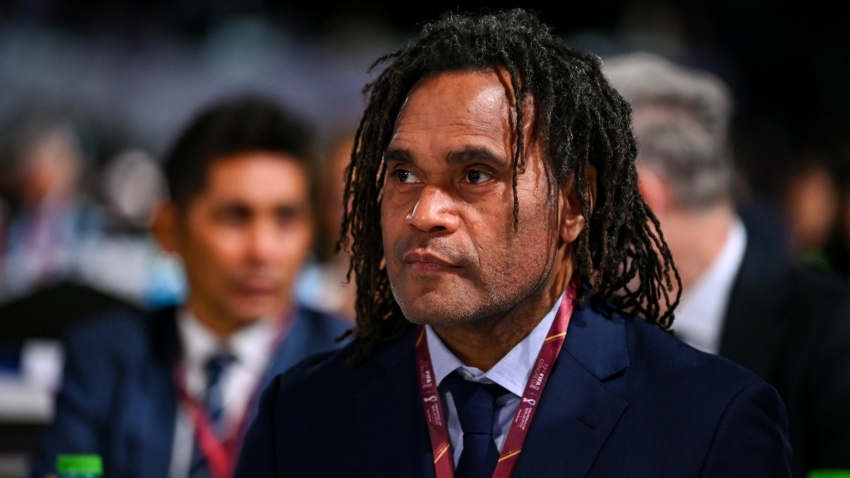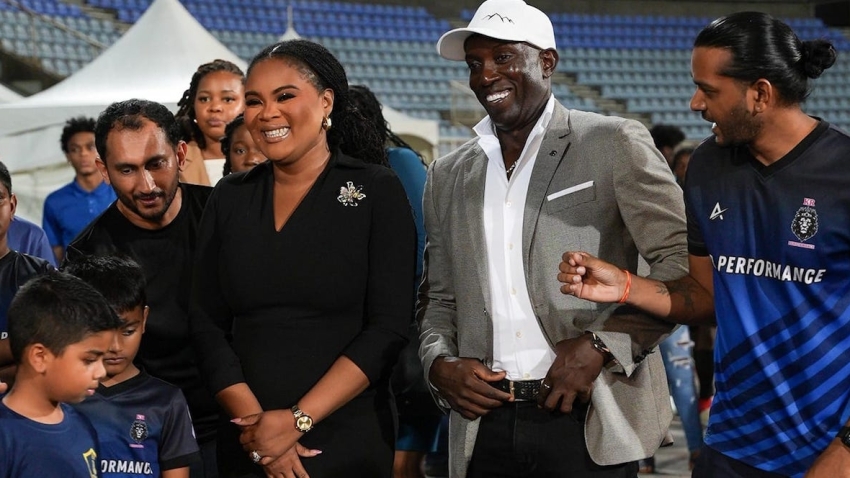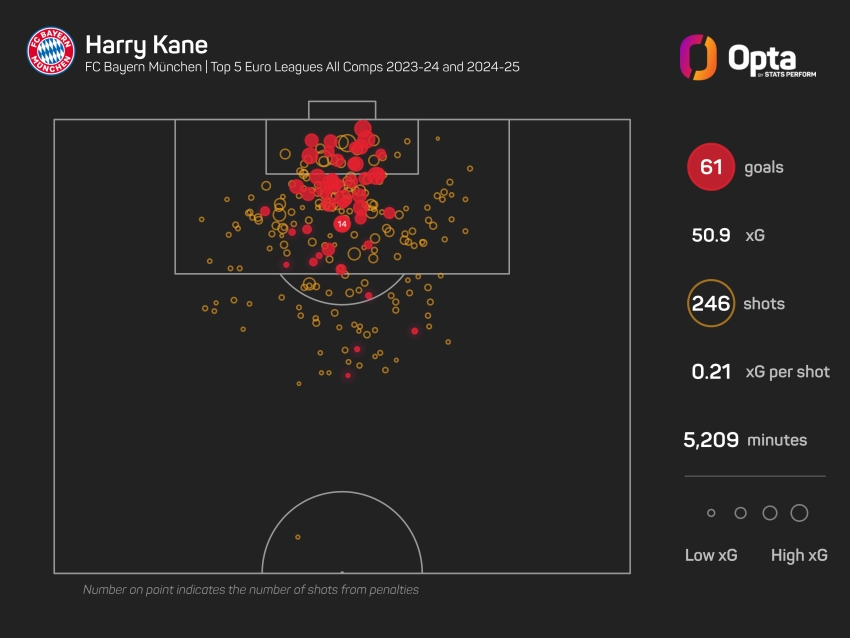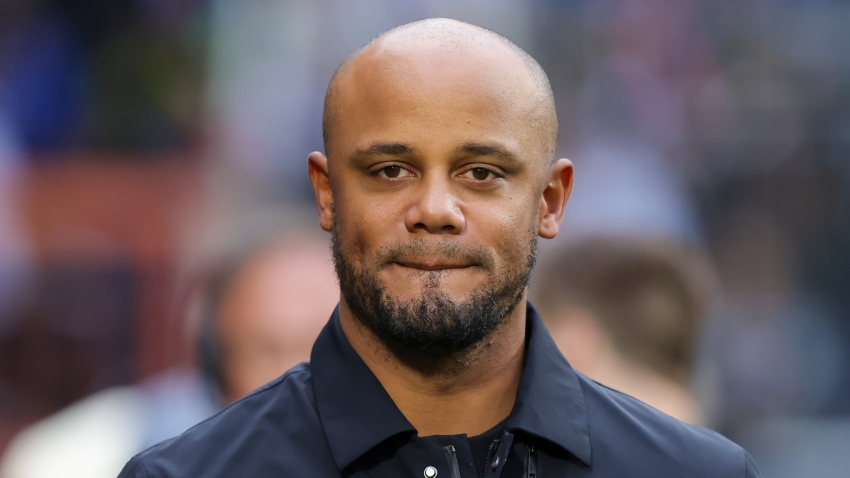Soca Warriors Head coach Dwight Yorke has warmly embraced the government’s initiative to review the nation’s citizenship laws, a move that could significantly bolster his squad's depth and aspirations for the 2026 Fifa World Cup.
The proposed changes, currently under discussion, would allow foreign-based players with Trinidad and Tobago-born grandparents to represent the Twin Island Republic, a significant step up from the current Constitution, which states that “A person shall not become a citizen of T&T if, at the time of his birth—(a) neither of his parents is a citizen of T&T.”
This adjustment could expand the Soca Warriors player pool and, by extension, create new opportunities for Trinidad and Tobago to remain competitive on the global stage across various sports.
Minister of Sport and Community Development Shamfa Cudjoe-Lewis explained that steps are being taken to explore legislative reforms.
The Ministry of National Security, the Office of the Attorney General, and the TT Football Association (TTFA) are also involved in discussions about the initiative to draw insights from policies in other Caribbean nations.
“We’re starting with football. We are exploring the policies of our neighbours and the legislation to work out an arrangement suitable for T&T. So we’re at the discussion stage right now,” Cudjoe-Lewis said during Yorke’s unveiling recently.
“For the drafters of the legislation and the persons looking at the policy, it’s a little more complicated, and a proper, thorough study on policy development must be done. It’s not something you want to rush,” she added.
Although a timeline for implementation has not been established, the initiative has already sparked interest across Trinidad and Tobago’s broader sporting community, with other national sporting organizations inquiring about similar eligibility expansions for their athletes.
“As we started looking at football, many of the other sporting bodies started reaching out, saying they want to be able to use persons whose grandparents were born in T&T for them to be able to play for national teams,” Cudjoe-Lewis shared.
“You have to pass the legislation and the policy in such a way that it is fair and just. We’re starting with football, and we are just looking at and exploring the policy of our neighbours and the legislation, so we’re at the discussion stage right now,” she stressed.
Yorke, a former Soca Warriors and Manchester United stalwart, understands the potential impact such reforms could have but emphasized that any additions to the squad must be carefully considered to ensure they fit seamlessly into the team’s long-term strategy.
He referenced the success of global football powerhouses like France, England, and Germany, which have leveraged similar eligibility rules to assemble world-class teams.
“It’s been talked about, and we’ve seen over the years where other teams, predominantly big teams in world football, all have some type of inheritance. We are looking at the situation, one that we will implement at some point, but it has to be the right players to come into the equation,” Yorke said.
Yorke also praised the December restart of the TT Premier Football League, which he believes will serve as a proving ground for local talent with national team ambitions.
“For the players who have aspirations of representing T&T, it gives them additional incentive when they get out there to know what’s at stake. Any young man who is playing at that level should have aspiration to be part of the national team.
“So that’s the message. In terms of me, Russell Latapy, Derek King (assistant coaches), and the backroom staff, we’re collectively looking for the best talent in the country,” Yorke declared.

































